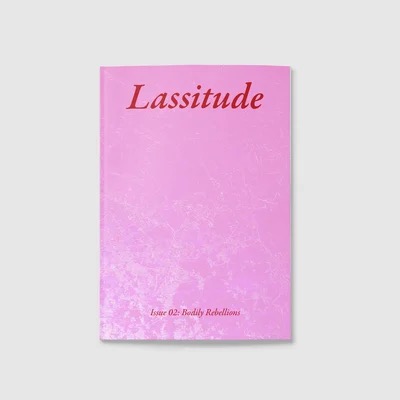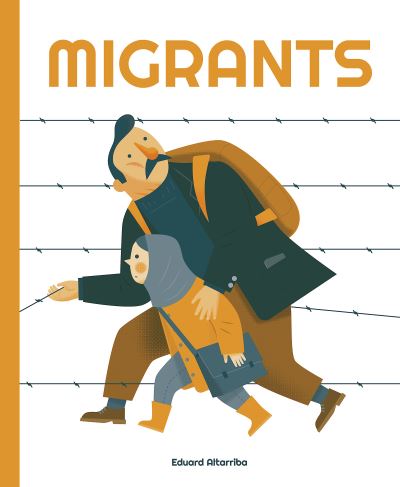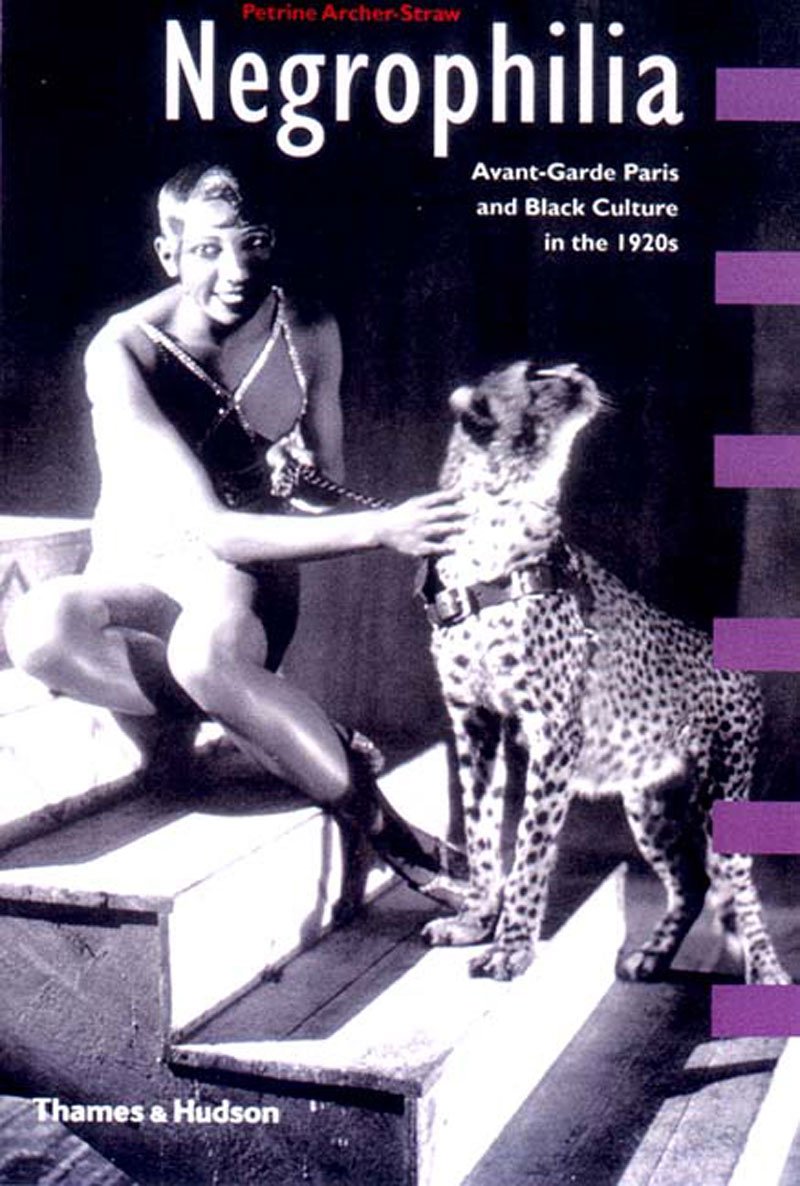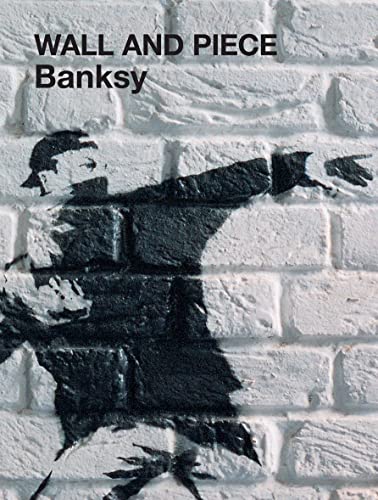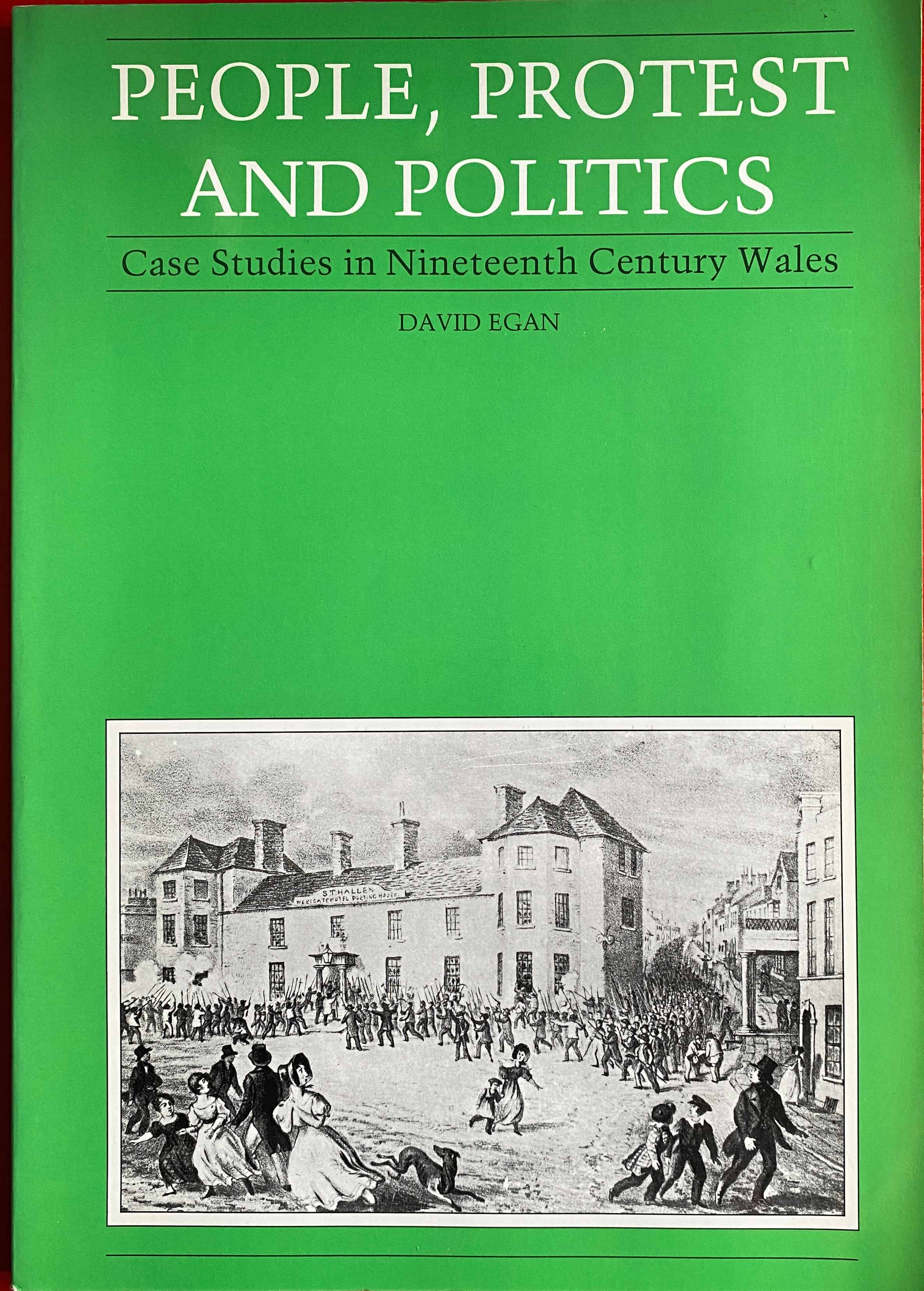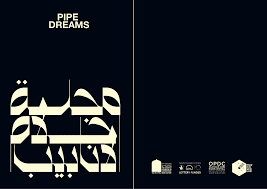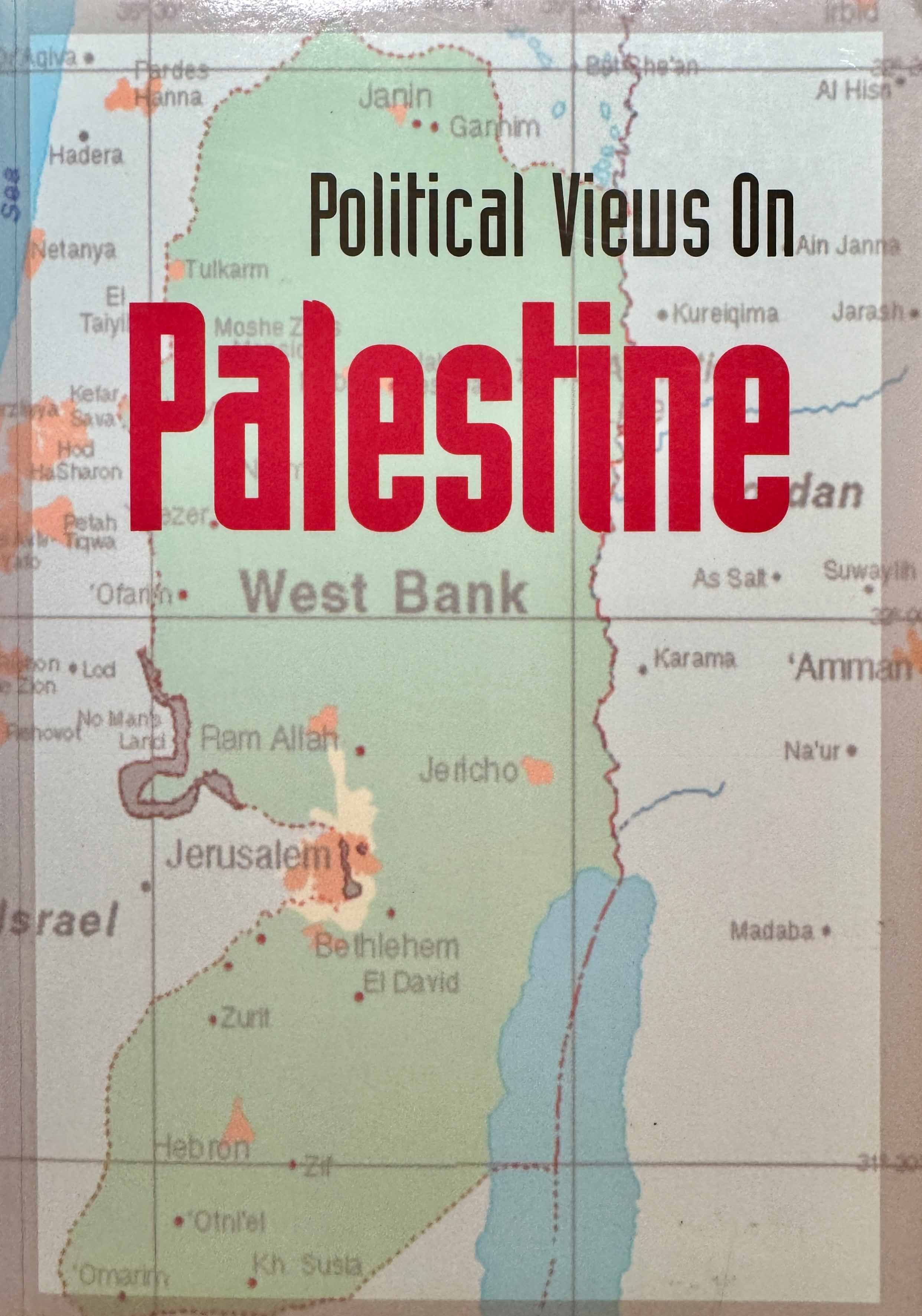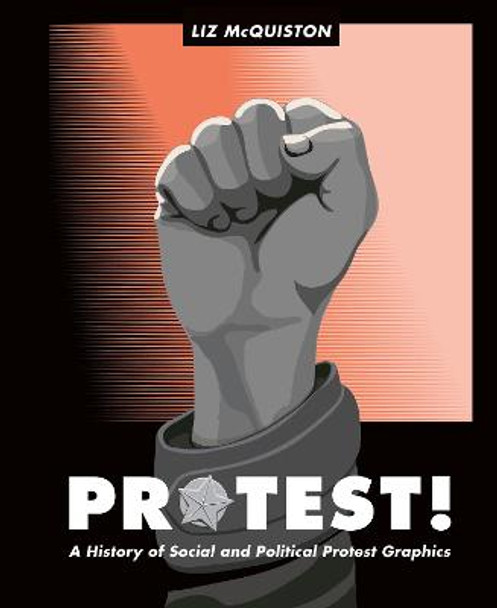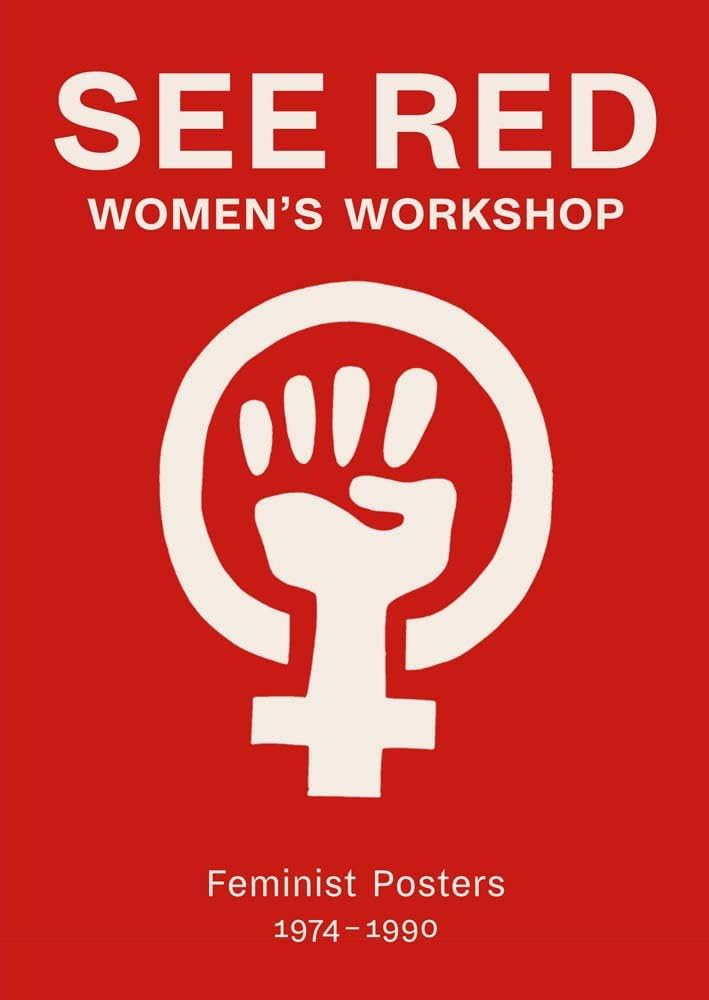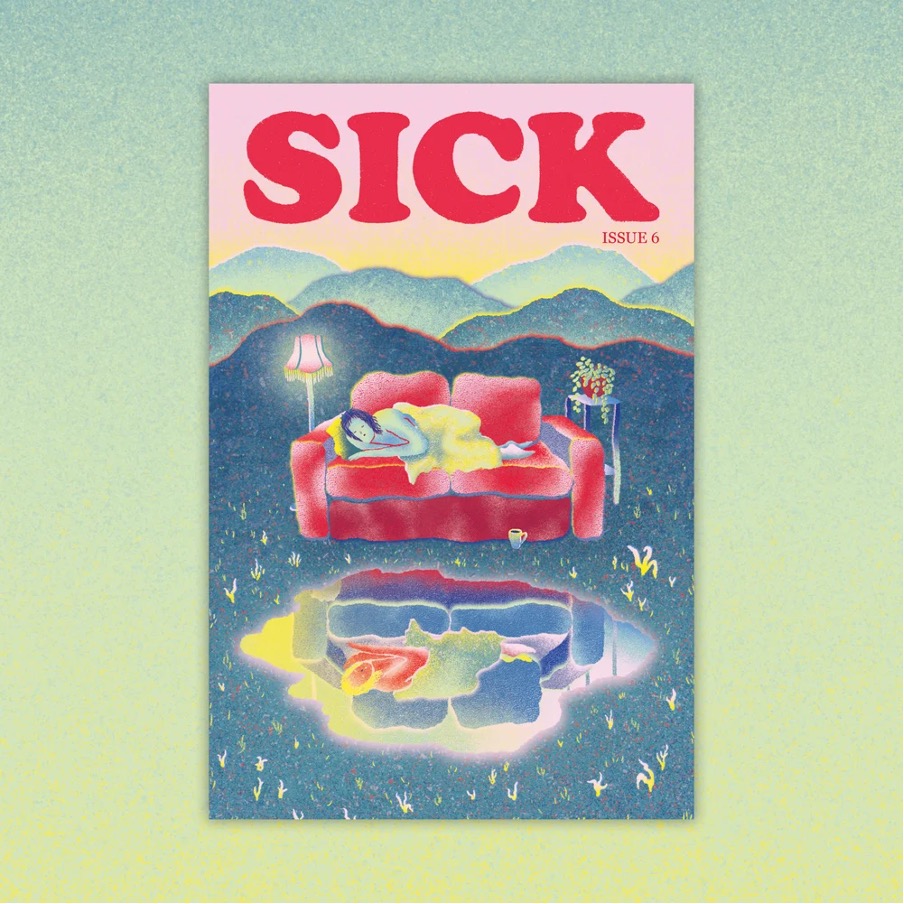Lassitude Issue 02: Bodily Rebellions weaves together exciting new work on the subject of fatigue. In this edition, disability is written as a kind of trespassing, the story of the fatigued body is told as a revolt. Writings are laced with discussions of language – how the ill body can speak. Our second issue features poetry, prose, and visual artworks from 17 contributors.
Migrants is a book designed to provide an easy-to-understand explanation for all the doubts kids might have when they hear about the ‘migrant crisis’ on the news. Humanity was nomadic for 99% of its existence. Sedentary life, national borders and the creation of identity documents for increasingly stricter population control are comparatively recent phenomena, and paradoxical given that the world is becoming ever more globalized. The recent emergence of populist movements in the West that are focused on closing borders and rejecting others raises serious questions about our sense of fraternity, especially when we could be facing ever larger migration movements due to the climate crisis. This book concisely explains what migration is, its causes and consequences, and the humanistic and legal aspects regarding it in the simplest, most objective ways possible, so that children have all the information they need to understand the world around them. AGES: 8 plus
'Explores the historical ambiguities and racial complexities of 1920s Paris and describes the short-lived craze that overtook the city when black culture became highly fashionable and a sign of being modern.'
The topic of parental involvment in children's education continues to generate great interest both personally and politically. It affects all professionals in education as well as parents and parent representatives. The case for involving parents in thier children's development and education has been established by numerous studies and many schools are committed to pursiin home-school linls.
Through a combination of oral history and documented sources, the author studies examples of popular protests in nineteenth century Wales.
Pipe Dreams is a zine publication documenting shisha culture in North West London created and co-produced by Zain Dada. It tells the stories of shisha cafe owners & other Arab businesses- on their experiences of turning an industrialised area of London into a cultural hub for Arab diasporas across the UK. The zine also features an interview with Toronto-based curator, Mitra Fakhrashrafi who researched the impact of a by-law in Toronto which banned shisha in 2015.
This publication formed part of Shubbak Festival 2021 - Europe’s largest biennial festival of contemporary Arab culture. The production team consisted of British–Tunisian photographer Sana Badri, artist and filmmaker Nur Hannah Wan, writers Zain Dada and (and co-produced by) Nabil Al-Kinani, and graphic designer Walid Bouchouchi.
The book provides an insight into the issues related to the occupation of Palestine - the plans of the foreign powers, the role of the regimes in the Middle Eastm the origina and reality of the PLO, the viability of the Pleastinian state, and the solution from Islam.
Throughout history, artists and citizens have turned to protest art as a means of demonstrating social and political discontent. From the earliest broadsheets in the 1500s to engravings, photolithographs, prints, posters, murals, graffiti, and political cartoons, these endlessly inventive graphic forms have symbolized and spurred on power struggles, rebellions, spirited causes, and calls to arms. Spanning continents and centuries, Protest! presents a major new chronological look at protest graphics. From the French, Mexican, and Sandinista revolutions to the American civil rights movement, nuclear disarmament, and the Women’s March of 2017, Protest! documents the integral role of the visual arts in passionate efforts for change.
Founded in 1974, See Red Women’s Workshop grew out of a shared desire to combat sexist images of women and to create positive and challenging alternatives. Women from different backgrounds came together to make posters and calendars that tackled issues of sexuality, identity and oppression. With humour and bold graphics, they expressed the personal experiences of women as well as their role in wider struggles for change. Written by See Red members, detailing the group’s history, the book features all of their original screenprints, alongside posters commissioned for radical groups and campaigns. Confronting negative stereotypes, questioning the role of women in society, and promoting women’s self-determination, the power and energy of these images reflect an important and dynamic era of women’s liberation — and have continued relevance for today.
Essays, features, poetry, art, interviews & more from Vida Adamczewski, A/Bel Andrade, Amy Berkowitz, Khairani Barokka, Jax Bulstrode, Sarah Courville, Jen Deerinwater , Amy Dickinson, Mizy Judah Clifton, Alton Melvar M Dapanas, Dead Gowns, Sergey Isakov, Theo LeGro, Elias Lowe, Cathleen Luo, Jameisha Prescod, Olivia Spring, Leigh Sugar, Oriele Steiner, Emerson Whitney, Chantal Wnuk, Caroline Wolff, and Emma Yearwood
Designed by Kaiya Waerea
Cover art by Hanna Norberg-Williams
Illustrations by Hanecdote
IN THIS ISSUE: writing on the fragmentation of chronic illness, why ‘full access’ isn’t something arts venues should aim for, the complexities of receiving gender-affirming care while living with chronic illness, the realities of constantly having to ration your energy, an interview with musical artist Dead Gowns, abortion access and bodily autonomy, poetry, artwork, book recommendations, and much more.

